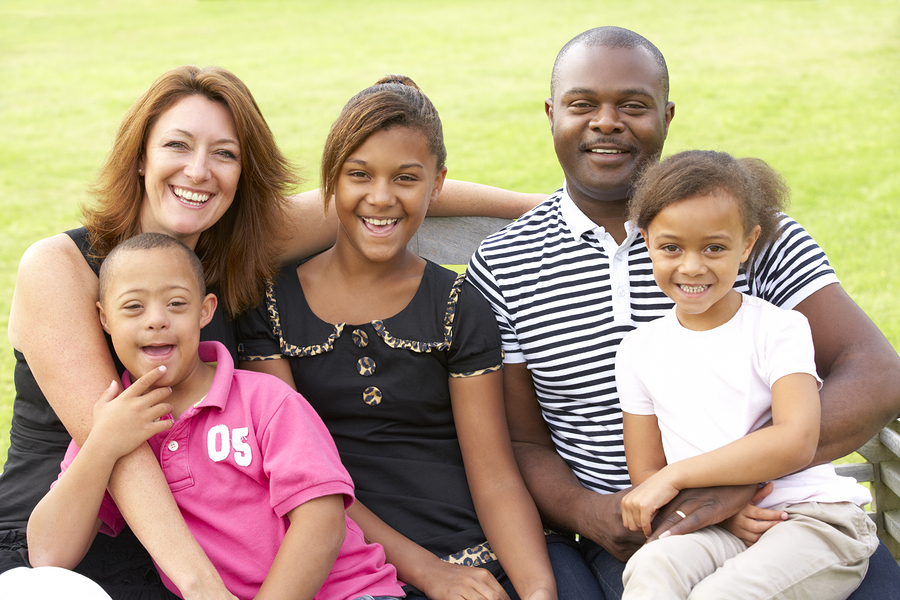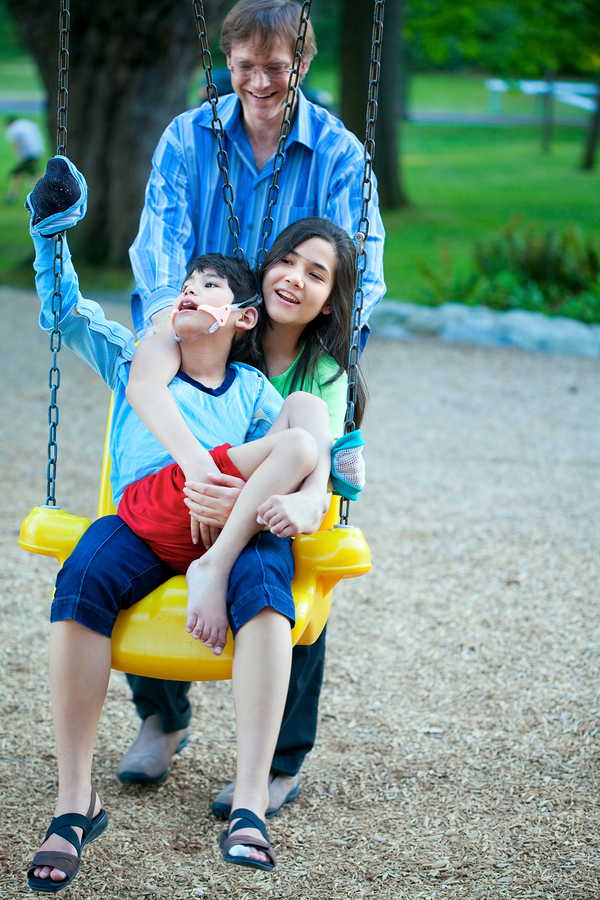Become a Family Mentor
The Louisiana Leadership Education in Neurodevelopmental and Related Disabilities (LEND) program is now seeking family mentors for the 2021-22 cohort.

This Family Mentoring Experience (FME) is a component of the Louisiana LEND program that trains graduate students and professionals to work in interdisciplinary, family-centered ways. These trainees represent various disciplines, such as medicine, occupational therapy, physical therapy, audiology, speech pathology, nursing, and psychology.
Each participating family is assigned a trainee for the training year that runs August to May. The mentoring family’s job is to invite the trainee into their lives and share their own personal experience, the good moments, and even the challenging times so that the trainee witnesses “the whole picture” of what it is like to be a family with a child with a disability.
Participating families must have a child anywhere form birth to 18-years of age with a disability. The family will receive a generous stipend.
Objectives for LEND Trainees participating in the Family Mentoring Experience (FME)
Professionals who serve families of children with disabilities usually do not have the opportunity to see their clients in real-life settings, such as the home, playground, grocery store, or restaurant. FME is your chance to show one current or future professional the bigger picture of your family’s life. This experience will help the LA LEND trainee meet the following objectives:
- To experience firsthand what it is like to raise a child with a developmental disability/special health care need in order to recognize and develop sensitive and realistic treatment plans and interventions in the trainee’s future practice as a professional
- To learn to identify and appreciate family strengths that will encourage the trainee in her/his future practice to develop robust parent-professional partnerships
- To recognize the similarities between families with and without children with developmental disabilities/special health care needs in order to promote community inclusion
- To recognize how programs and policies affect families of children with developmental disabilities/special health care needs in order to develop leadership skills necessary to promote positive systems change
- To recognize effective parental advocacy skills and how they impact a family’s ability to produce systems change for their child with a developmental disability/special health care need
I loved being able to share how amazing Murph is with our trainee and to show her our daily life. It may look a little different, but I loved that we were still able to do things in our own way.
Its important for them to see that Murph’s diagnosis affects everyone in the family, not just the person diagnosed.
Shannon Gainey, 2021 LEND Family Mentor

Overview of family’s time commitment in FME
- Initial home visit with FME Coordinator
- Trainee and family meet-and-greet on August 7, 2021
- Trainee visits: minimum of 6 visits from August-May, at least 60 minutes each
- Monthly phone calls or e-mails from FME Coordinator
- Service Learning Project: Trainees will spend an additional 10-15 hours in completion of a project with your family, which should provide something of value to you and your family.
- FME Evaluation: You will be asked to complete an evaluation of the Family Mentor Experience in May 2022.

 myLSUHSC
myLSUHSC